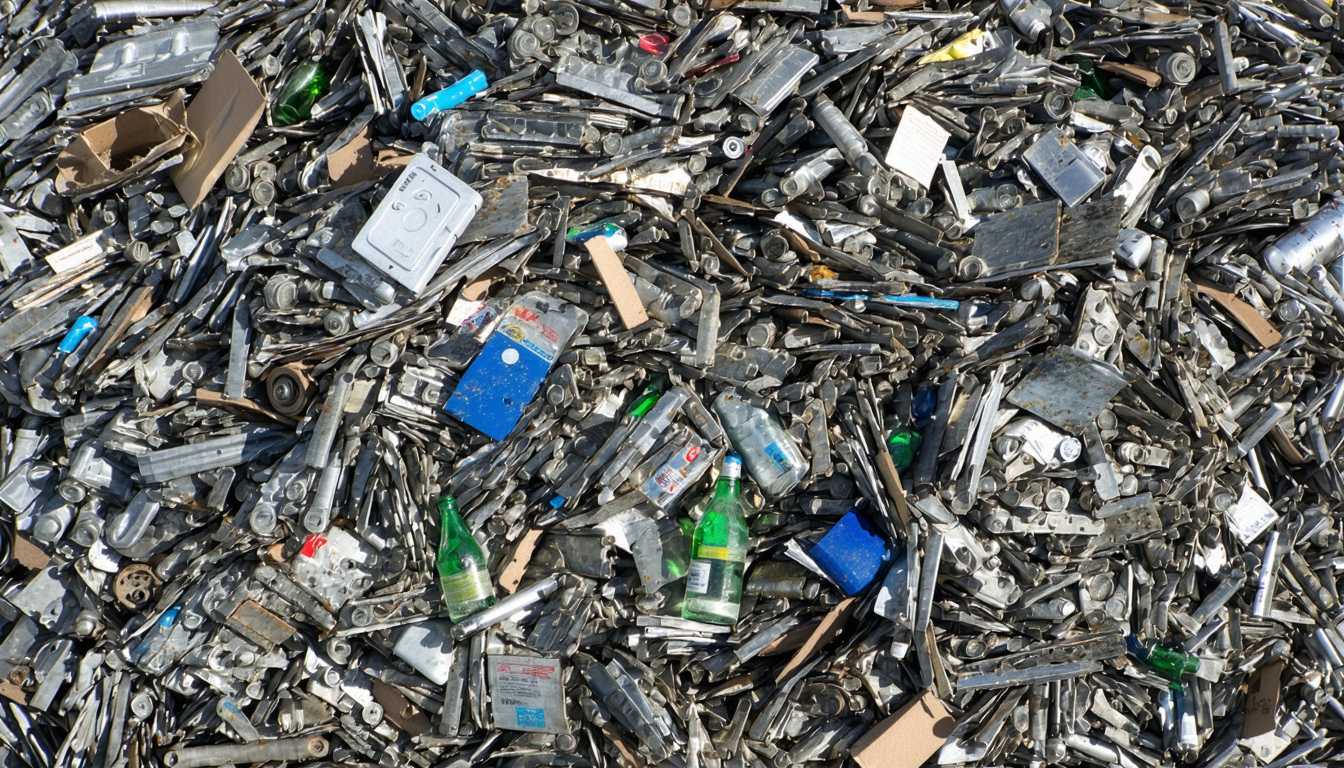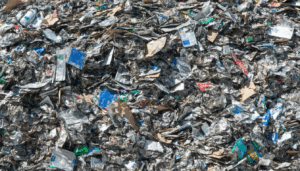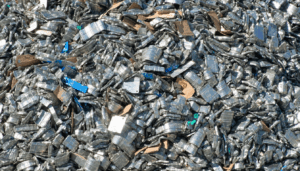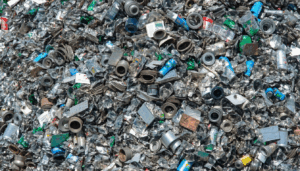In the heart of Utah, Wasatch Metal Recycling has emerged as a key player in the United States’ push for sustainable waste management. This company, based in Salt Lake City, is making waves by transforming scrap metal into valuable resources, reducing landfill waste, and supporting local industries. With growing environmental concerns and a national focus on circular economies, their efforts are more critical than ever. This article explores the latest developments at Wasatch Metal Recycling, their impact on communities, and what the future holds for metal recycling in America.
The Rise of Wasatch Metal Recycling
Wasatch Metal Recycling has been a cornerstone of Utah’s industrial landscape since its founding. Specializing in the collection, processing, and resale of ferrous and non-ferrous metals, the company serves both individual customers and large businesses. Their state-of-the-art facilities handle everything from aluminum cans to heavy machinery parts, ensuring materials are repurposed efficiently.
In 2023 alone, the company reported processing over 50,000 tons of scrap metal, a significant increase from previous years. This growth reflects a rising demand for recycled materials as industries aim to lower carbon footprints. Their operations not only conserve natural resources but also reduce energy consumption compared to mining raw metals.
Economic and Environmental Impact
The significance of Wasatch Metal Recycling extends beyond Utah’s borders. By supplying recycled metals to manufacturers across the U.S., they help reduce dependency on imported raw materials. This strengthens domestic supply chains and supports American jobs—currently, the recycling industry employs over 500,000 workers nationwide, according to the Institute of Scrap Recycling Industries (ISRI).
Environmentally, their work is vital. Recycling metal cuts greenhouse gas emissions by up to 60% compared to producing new metal from ore, as noted by the Environmental Protection Agency (EPA). “Companies like Wasatch Metal Recycling are essential in meeting national sustainability goals,” says Dr. Emily Carter, an environmental scientist at the University of Utah. “Their efforts directly combat climate change.”
Community Engagement and Challenges
Wasatch Metal Recycling also plays a pivotal role in local communities. They offer educational programs to teach residents about proper recycling practices and provide convenient drop-off locations for scrap materials. These initiatives have boosted community participation, with a 15% increase in household recycling contributions in Salt Lake City over the past two years.
However, challenges remain. Fluctuating global metal prices can impact profitability, while contamination in scrap loads often slows processing. The company is addressing these issues by investing in advanced sorting technologies to improve efficiency and maintain quality standards.
Innovations Shaping the Future
Looking ahead, Wasatch Metal Recycling is embracing innovation to stay competitive. They recently introduced automated sorting systems that use artificial intelligence to identify and separate metals with greater accuracy. This technology, implemented in mid-2023, has already increased processing speeds by 20%, according to company reports.
Additionally, they are exploring partnerships with renewable energy firms to power their facilities with solar energy. Such moves align with broader industry trends toward sustainability. “Innovation is key to scaling recycling efforts,” states Mark Thompson, a recycling industry analyst. “Wasatch is setting a strong example for others to follow.”
Broader Implications for the U.S.
The work of Wasatch Metal Recycling highlights a larger narrative in the United States: the urgent need for sustainable practices amid growing industrial demands. As federal policies increasingly prioritize green initiatives—like the Inflation Reduction Act of 2022, which allocates funds for recycling infrastructure—companies in this sector are poised for growth.
Yet, opinions on recycling’s role vary. Some stakeholders argue that more government incentives are needed to offset operational costs, while others believe market forces should drive innovation. Regardless of perspective, the consensus is clear: recycling must be a priority to address resource scarcity and environmental degradation.
Conclusion
Wasatch Metal Recycling stands as a beacon of progress in America’s journey toward sustainability. By processing thousands of tons of scrap annually, engaging communities, and adopting cutting-edge technologies, they are reshaping how we view waste. Their contributions bolster local economies, protect the environment, and pave the way for a greener future. As the U.S. continues to grapple with climate challenges, the efforts of companies like Wasatch will be instrumental in building a resilient, resource-efficient nation.
Frequently Asked Questions (FAQ)
-
What services does Wasatch Metal Recycling offer?
They provide collection, processing, and resale of ferrous and non-ferrous metals for individuals and businesses in Utah. -
How does metal recycling benefit the environment?
It reduces greenhouse gas emissions by up to 60%, conserves natural resources, and decreases energy use compared to mining new metals. -
Where is Wasatch Metal Recycling located?
Their primary operations are based in Salt Lake City, Utah, serving local and regional clients. -
How can I recycle with Wasatch Metal Recycling?
Visit their facilities or drop-off points in Utah with your scrap metal, or contact them for pickup services for larger quantities. -
What challenges does the company face?
Issues like fluctuating metal prices and contamination in scrap loads can affect operations, though they are addressing these with new technologies.





